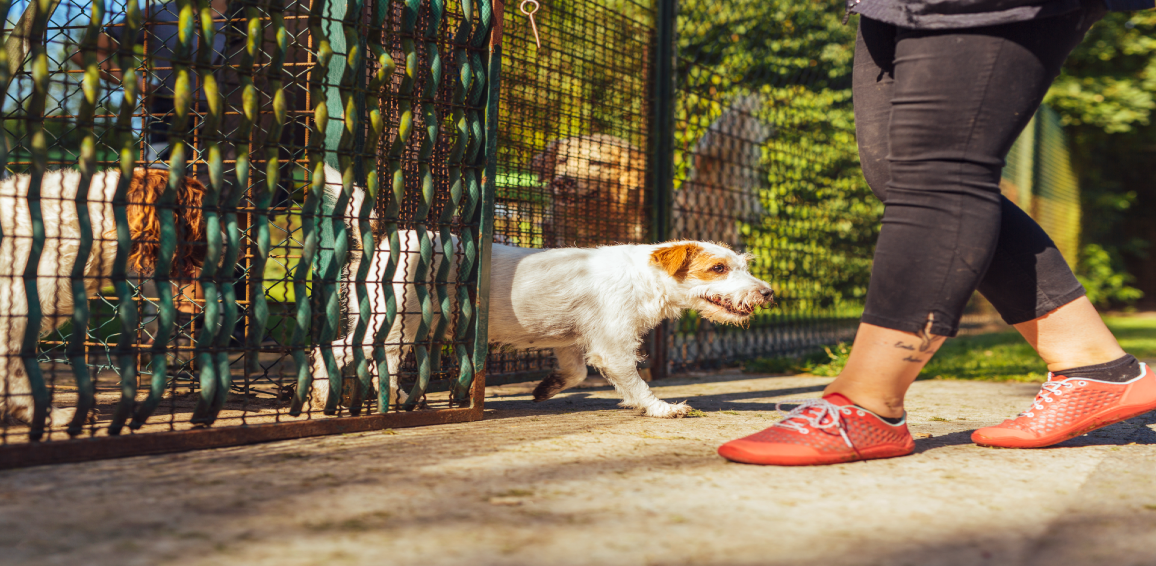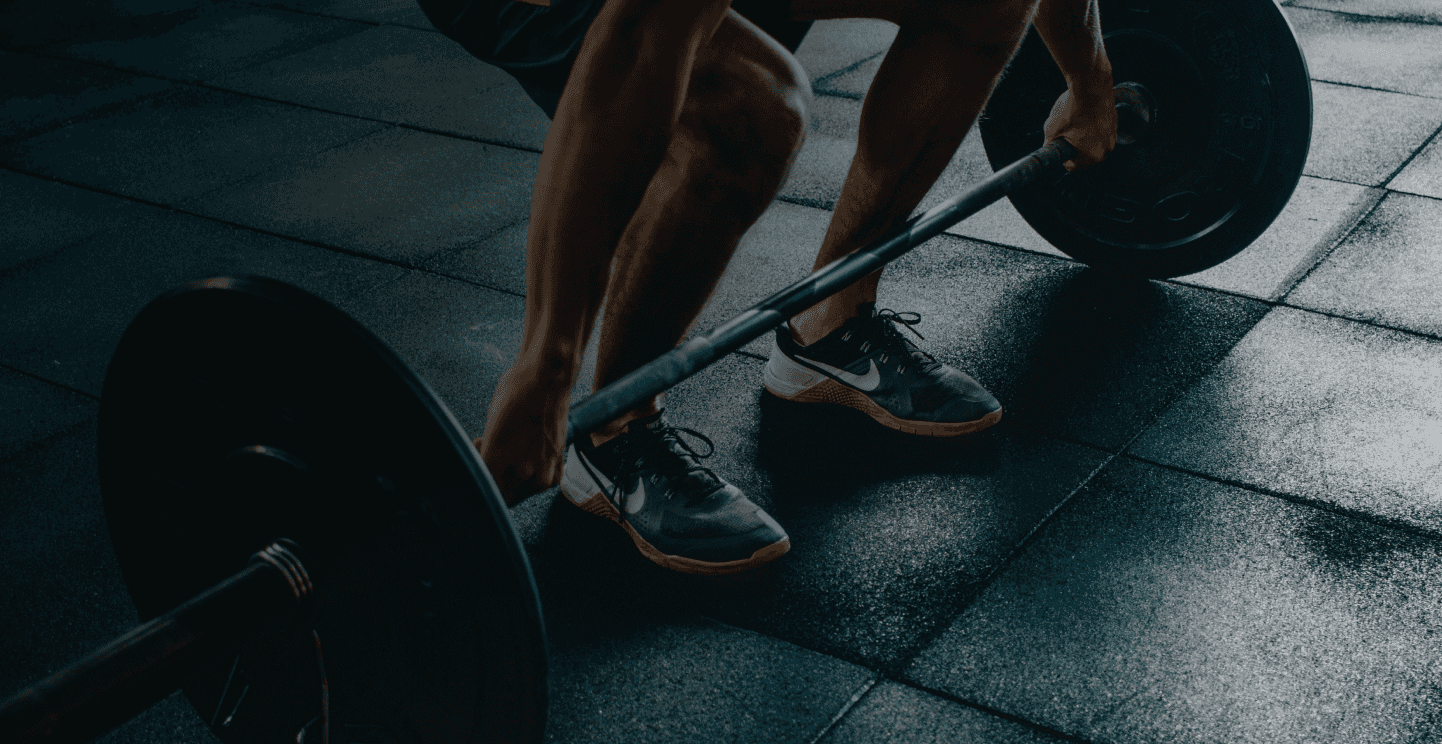Types of Dog Daycare Flooring [All the Options]

Creating a safe, comfortable, and engaging environment is paramount in a dog daycare setting. Flooring plays an integral role in ensuring the well-being of both the canine guests and the caregivers.
Let’s delve deeper into the hygiene needs, diverse flooring types, their pros and cons, and detail why recycled rubber flooring has become the ideal option for many facilities.
Unique Flooring Hygiene Requirements for Dogs
Ensuring a clean and sanitary environment within a dog daycare is pivotal not just for the wellness of the dogs but also for maintaining a reputable and professional establishment. The flooring, being the surface that encounters consistent interaction with the dogs, holds specific hygiene requirements that need to be addressed.
Microbial Resistance
Dogs, while adorable and lovable, can inadvertently introduce various microbes into the daycare environment through their fur, paws, and saliva.
- Requirement: Flooring materials must inherently resist microbial growth or be treated with antimicrobial agents. Plus, outdoor dog kennel flooring needs to be weather-resistant.
- Solution: Some top dog kennel flooring ideas include materials that are naturally resistant to bacteria and can be easily sanitized through cleaning.
Odor Control
With frequent bathroom breaks and potential accidents, controlling and minimizing odors is imperative.
- Requirement: An easy-to-clean flooring material that doesn’t aggressively hold onto liquids and odors.
- Solution: Utilize moisture-resistant flooring such as a rubber floor, which prevents urine and spill absorption, and ensure regular cleaning with specialty cleaners that neutralize odors instead of just masking them.
Easy and Effective Cleaning
With dogs constantly shedding fur and dander, the capability to clean the floor effectively without damaging it becomes a critical aspect.
- Requirement: A smooth surface that does not trap fur and dander and can be easily swept or vacuumed.
- Solution: Floors like epoxy or rubber, which allow for seamless cleaning without harboring debris in cracks or crevices, are ideal.
Durability Amidst Cleaning
Regular cleaning with various agents can erode certain flooring materials over time.
- Requirement: Choose a floor that can withstand frequent cleaning and scrubbing without degrading.
- Solution: Rubber flooring, being water-resistant and durable, doesn’t deteriorate with frequent cleaning, maintaining its integrity even with rigorous sanitation processes.
Comfort Without Compromising Cleanliness
Providing a comfortable surface for paws and joints without the mats becoming a hygiene nightmare is a balance that needs to be struck.
- Requirement: A floor that offers cushioning while being washable and not trapping debris.
- Solution: Once again, rubber flooring stands out by providing a gentle surface for dogs while being impervious to moisture and easy to clean.
Non Slip Surface
Paws offer less traction as pups age. Some owners even apply dog safe double sided tape or special shoes to their animals’ paws.
- Requirement: A slip resistance surface that minimizes falls is vital for dog safety.
- Solution: Rolled rubber flooring, rubber mats, or pet turf are all ideal options for slip resistant flooring.
Keeping an eye on these unique hygiene requirements is pivotal for ensuring the health and happiness of the dogs. The careful selection of flooring is a cornerstone in establishing and operating a successful and reputable dog daycare facility.
Continuing further in the article, we'll dive into the best dog kennel flooring options. The exploration into varied flooring options offers a wide variety of choices, guiding daycare owners towards making an informed and conscious decision in crafting a doggy daycare that keeps pups coming back!
Concrete Flooring: The Traditional Choice
Although robust and easy to maintain and sanitize, concrete floors have fallen out of favor due to their hardness and cold nature.
- Pros: It can be sealed to prevent absorption of liquids and ensure easy cleanup of accidents.
- Cons: Without proper finishes, concrete can be porous, potentially absorbing odors and stains.
Vinyl Flooring: The Versatile Option
Vinyl floors bring forth a plethora of designs but may falter in longevity and resistance to damage.
- Pros: Being impermeable to liquids, it prevents urine from soaking in, ensuring a level of hygiene.
- Cons: The lifespan of vinyl is often compromised in active settings, requiring frequent replacements.
Epoxy Flooring: The Sturdy Selection
Championing resistance and durability, epoxy fails to deliver in terms of comfort and insulation.
- Pros: It provides a seamless surface that avoids dirt accumulation in crevices, ensuring cleanliness.
- Cons: It necessitates precise installation; any misstep can lead to bubbling and an uneven surface, which can trip up older pups.
Artificial Grass: The Outdoor Mimic
While creating an outdoorsy vibe and being generally soft, artificial turf grass poses hidden challenges in sanitation and durability.
- Pros: It brings the outdoor experience indoors, making dogs feel at ease with a familiar surface underfoot.
- Cons: Stringent maintenance, involving deep cleaning and ensuring odor removal, is vital to uphold hygiene.
Rubber Flooring: An Unrivaled Contender
Boasting cushioning comfort, durability, and ease of maintenance, rubber flooring for dog care has emerged as a quintessential choice for multifaceted canine environments.
- Pros: High-quality rubber flooring lowers the risk of bacterial and fungal growth, is kind to dog joints, slip-free, and easy to replace.
- Cons: Ensuring the rubber is sourced and manufactured sustainably can sometimes be a task, making the selection process crucial.
In-depth View: Rubber Flooring
Rubber flooring stands tall amongst its counterparts for several reasons, namely, its indomitable durability and unparalleled comfort for the paws and joints of canine attendees.
- Variety in Texture and Color: Rubber flooring comes in numerous textures and colors, allowing facilities to customize their spaces aesthetically without compromising functionality.
- Safety Ensured: The anti-slip properties ensure that playful frolicking doesn’t result in slips and potential injuries, safeguarding both dogs and staff members.
- Hygiene and Ease of Maintenance: With reference to water and urine, rubber avoids the absorption of unwanted moisture, keeping the area clean and odor-free.
Why Other Options Might Not Make the Cut
- Tile Flooring: Despite being easy to clean, tile’s slipperiness and hardness can lead to unintended injuries and strain.
- Carpeting: The breeding ground for bacteria and allergens, carpeting makes maintaining a sanitary environment a perpetual struggle.
- Wood Flooring: Although aesthetically pleasing, wood floors cannot withstand the assault of claws and accidents, leading to quick degradation and potential odor issues.
Making a Conscious Choice for Canine Companions
The integrity of the environment in a dog daycare is critical. It’s not merely a space but a habitat where pets spend a substantial part of their day playing, resting, and exploring.
The job of the daycare providers is to ensure that this environment is not only safe and hygienic but also conducive to the natural behaviors and activities of the dogs.
Happy, Healthy Paws with RubberFlooring4U
When it comes to offering a blend of durability, safety, comfort, and hygiene, rubber flooring appears to have set a benchmark. For a comprehensive selection of premium rubber flooring that caters to the nuances of a dog daycare setting, explore floor solution options with RubberFlooring4U. From our rubber rolls to mats and more, dog daycares that work with RubberFlooring4U are some of the best in the business.
Invest in a flooring solution that respects the playful nature of dogs while ensuring a manageable and sanitary environment for your facility.
